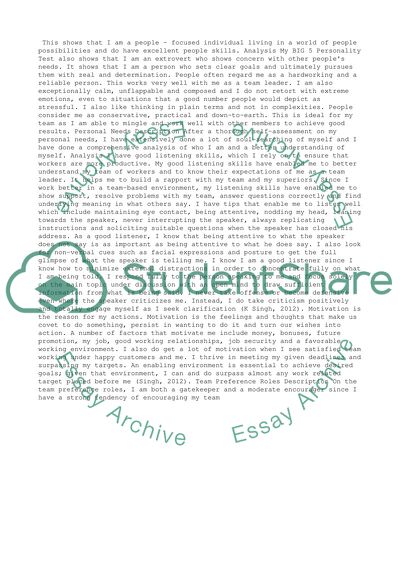Cite this document
(“Self assessment paper Essay Example | Topics and Well Written Essays - 1500 words”, n.d.)
Retrieved from https://studentshare.org/management/1459537-self-assessment-paper
Retrieved from https://studentshare.org/management/1459537-self-assessment-paper
(Self Assessment Paper Essay Example | Topics and Well Written Essays - 1500 Words)
https://studentshare.org/management/1459537-self-assessment-paper.
https://studentshare.org/management/1459537-self-assessment-paper.
“Self Assessment Paper Essay Example | Topics and Well Written Essays - 1500 Words”, n.d. https://studentshare.org/management/1459537-self-assessment-paper.


